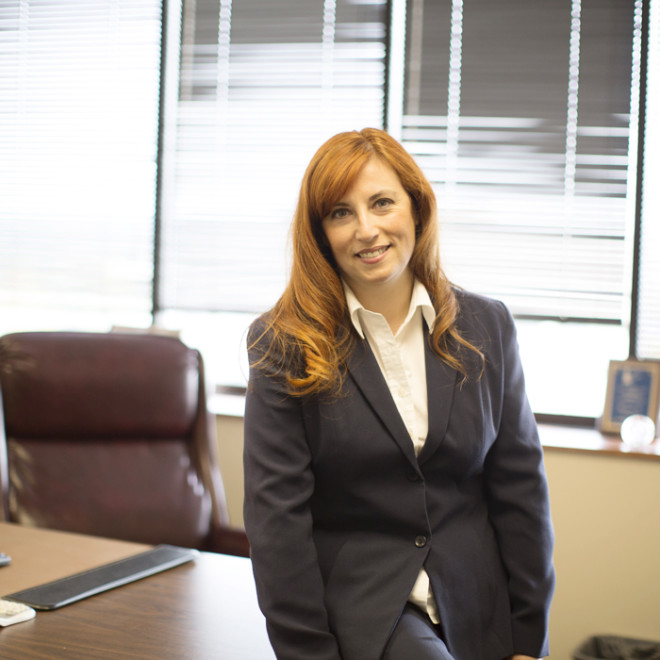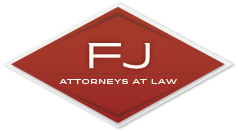
FJ&P was recognized by Widener School of Law for its 100% alumni participation in contributions to the Widener Law Fund.

Outside of bankruptcy law, it is perfectly acceptable for a debtor to prefer one creditor over another. For example, in any given month a consumer holding two credit cards may very well choose to pay off one credit card in its entirety while making only the minimum payment on the other. Bankruptcy law, on the other hand, purports to promote fairness and equality amongst similarly situated creditors.

On July 20, 2015, Lisa L. Coggins, Esq. will be presenting two segments in the continuing legal education seminar entitled “Probate Process from Start to Finish”, sponsored by the National Business Institute, in Dover, DE. Her topics will include the Intestacy Statute of the State of Delaware and Estate Litigation.

Many elder law cases occur after a person loses their mental capacity as a result of old age. It’s not uncommon for businesses to persuade impaired elders to enter into unsavory contracts or a relative seeks to be appointed guardian for a person with dementia or diminishing health. The end result could be financial exploitation or a misappropriation of funds. In one example, (names and events have been changed to […]

Case Study: Asbestos Litigation is Still Creeping into Bankruptcy Courtrooms
Despite decades of litigation, asbestos claims still seem to find their way into bankruptcy courtrooms. To respond to the growing number of asbestos-related bankruptcies, Congress enacted section 524(g) to the Bankruptcy Code. In general, Chapter 11 debtors utilizing section 524(g) may channel present and future mass tort related claims to a settlement trust. Doing so effectively discharges these debtors of the obligation to adjudicate present and future mass tort claims.